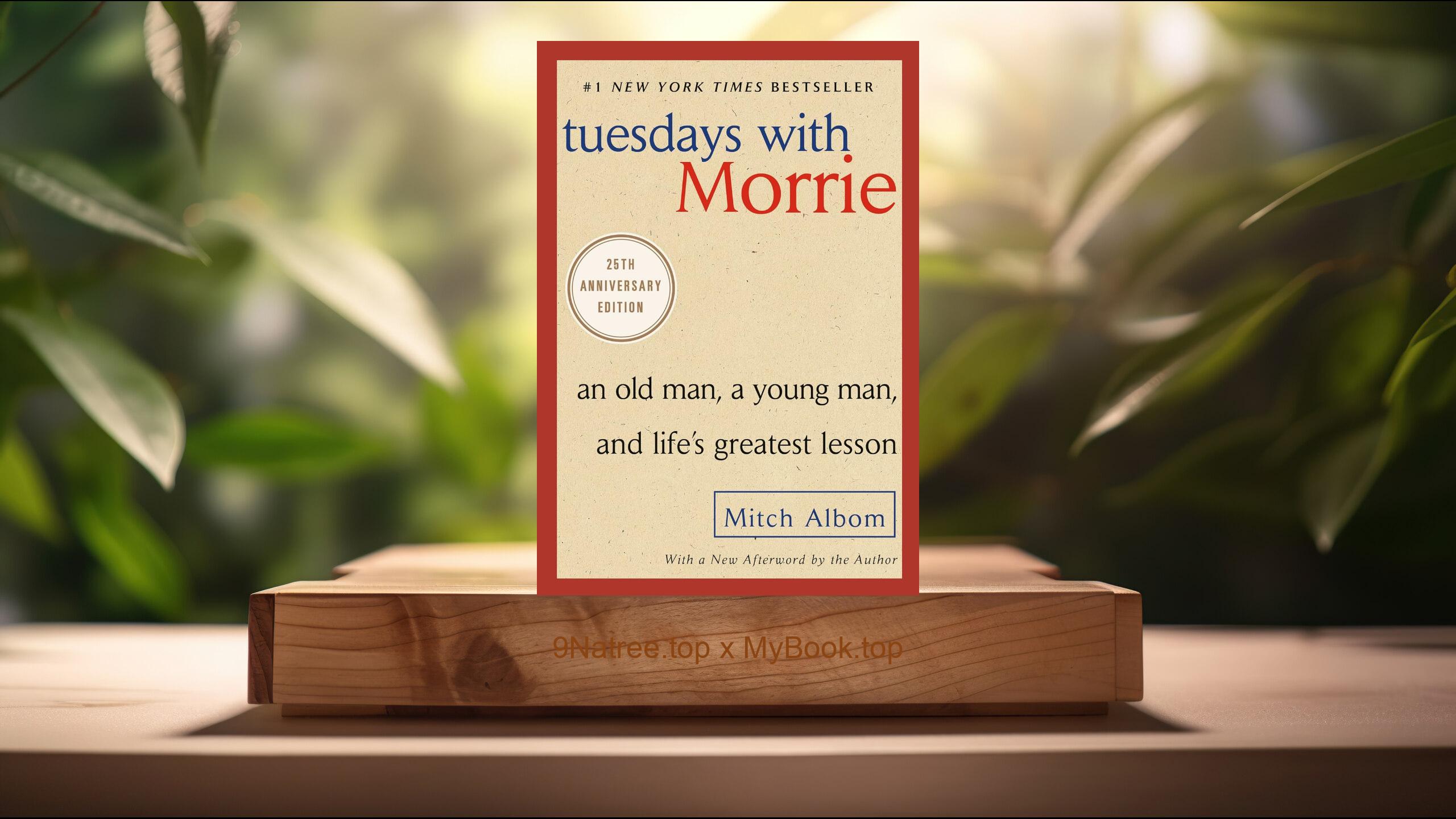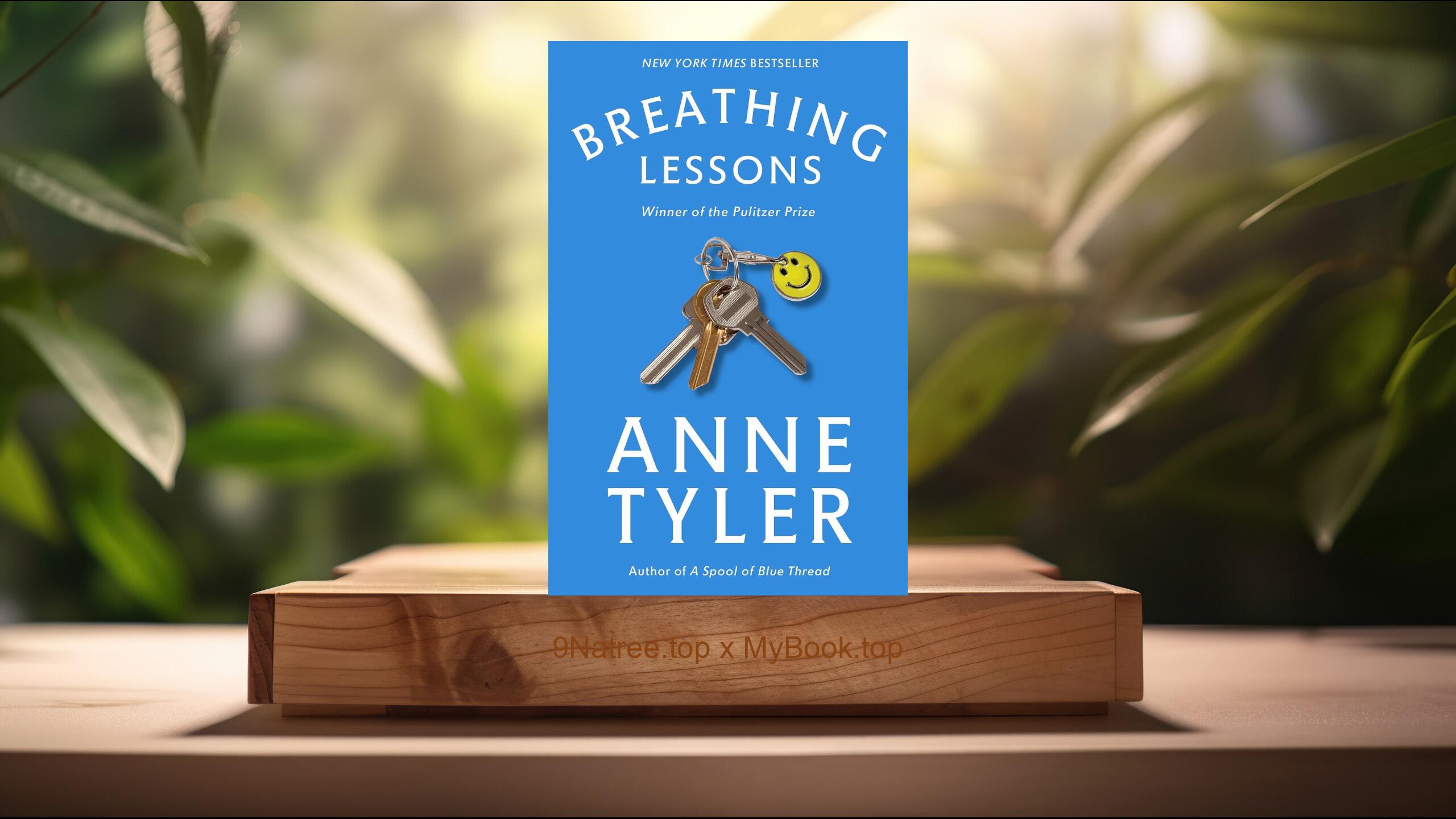Show Notes
Buy on Amazon: https://www.amazon.com/dp/B07QWH6MKZ?tag=9natree-20
Read more: https://mybook.top/read/B07QWH6MKZ/
#Sobriety #Women'sHealth #AlcoholMarketing #RecoveryAlternatives #SocietalNorms #PersonalEmpowerment #MentalWellbeing #QuitLikeaWoman
These are takeaways from this book.
Firstly, The Gendered Marketing of Alcohol, Whitaker begins by exposing how alcohol companies specifically target women, leveraging feminist messages and promoting products as symbols of liberation, sophistication, and fun. She discusses how these marketing strategies create a culture that normalizes and glamorizes female drinking, often ignoring the unique dangers and pressures women face regarding alcohol. Through a critical analysis of advertising campaigns and product designs, readers gain insight into how societal standards and expectations about femininity and success are manipulated to sell alcohol.
Secondly, The Impact of Alcohol on Women's Health, The book provides a comprehensive overview of how alcohol adversely affects women's physical and mental health more severely than men's. Whitaker highlights research showing increased risks of breast cancer, liver disease, and addiction among women drinkers. Furthermore, she discusses the psychological toll, including anxiety, depression, and lowered self-esteem, which can be exacerbated by alcohol. This segment is crucial for understanding the importance of navigating away from alcohol for one's well-being.
Thirdly, The Fallacy of Moderation, One of the core arguments Whitaker presents is the myth surrounding the concept of moderation. She critiquates the idea that successful recovery or a healthy relationship with alcohol must involve moderate drinking, noting the lack of a one-size-fits-all solution and the dangers of promoting moderation in a culture rife with addiction. The discussion extends to question the efficacy and accessibility of traditional recovery programs, urging for more inclusive and diverse approaches.
Fourthly, Alternative Paths to Recovery, Whitaker doesn't just critique; she offers solutions. She advocates for holistic recovery methods that address the physical, emotional, and societal influences on addiction. From mindfulness and meditation to community support and addressing underlying mental health issues, the book provides a range of alternatives to conventional recovery programs. This segment is particularly empowering, providing readers with the tools and confidence to pursue recovery pathways that resonate with their personal needs and experiences.
Lastly, Creating a Sober Life, Beyond recovery, 'Quit Like a Woman' explores the joy and liberation of living sober. Whitaker shares her journey and the transformative experiences of others who have chosen sobriety, highlighting the newfound clarity, freedom, and opportunities that await. She challenges the stigma associated with being sober in a culture obsessed with alcohol, encouraging readers to redefine fun, success, and social connections in a way that promotes true happiness and health.
In conclusion, Holly Whitaker's 'Quit Like a Woman' is a must-read for anyone questioning their relationship with alcohol, particularly women who feel pressured by the societal norms and expectations surrounding drinking. This book offers not just a path to sobriety but a radical form of self-care and empowerment. By questioning the status quo and embracing a life without alcohol, readers can find freedom and fulfillment outside of the cultural norms. Whether you're seeking recovery or curious about the impact of alcohol on women's lives, Whitaker provides an insightful, compassionate guide to reevaluating your choices and living a more authentic, liberated life.
![[Review] Quit Like a Woman (Holly Whitaker) Summarized](https://episodes.castos.com/660078c6833215-59505987/images/1730250/c1a-085k3-8m68mdz8bqwx-marzhg.jpg)




